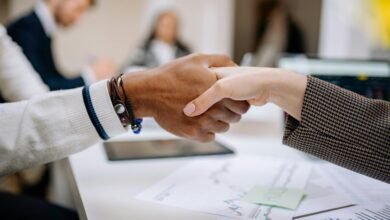Line Surveillance Bureau 3274356735 3511941843 3889286133 3312032009 3275563908 3511724827

The Line Surveillance Bureau plays a pivotal role in national security by monitoring critical infrastructures and communication networks. Its reliance on advanced technologies enhances threat assessment capabilities, yet it also raises pressing privacy concerns. This duality prompts a critical examination of the ethical implications surrounding surveillance practices. As these technologies evolve, the Bureau faces the challenge of balancing security with the protection of individual rights, a tension that demands further scrutiny. What might this mean for the future of civil liberties?
The Role of the Line Surveillance Bureau in National Security
As global security threats evolve, the Line Surveillance Bureau plays a pivotal role in safeguarding national interests by monitoring critical infrastructures and communication networks.
Its focus on intelligence gathering enhances threat assessment capabilities, enabling timely responses to potential risks.
Balancing Surveillance and Privacy Rights
While the necessity of surveillance in national security cannot be understated, it is crucial to recognize the implications for individual privacy rights.
Striking a balance between security measures and personal freedoms presents significant privacy concerns and ethical implications.
Policymakers must carefully navigate these complexities to ensure that surveillance practices do not infringe upon the fundamental rights of citizens while maintaining national safety.
Technological Advancements in Surveillance Practices
With the rapid evolution of technology, surveillance practices have transformed significantly, incorporating advanced tools that enhance monitoring capabilities.
Notably, facial recognition technology has improved accuracy in identifying individuals, raising concerns about privacy.
Additionally, drone technology offers aerial surveillance, enabling extensive coverage.
These advancements, while beneficial for security, challenge the balance between safety and personal freedoms, necessitating careful consideration of their implications on civil liberties.
Societal Impacts of Communication Monitoring
Communication monitoring has increasingly permeated various aspects of society, influencing interpersonal relationships, trust in institutions, and public discourse. This scrutiny undermines social trust, as individuals question the motives behind surveillance practices.
Moreover, concerns regarding data ethics arise, prompting debates about privacy, consent, and the balance between security and individual freedoms.
Ultimately, communication monitoring reshapes societal norms and raises critical ethical considerations.
Conclusion
In the intricate dance between security and privacy, the Line Surveillance Bureau stands as both guardian and gatekeeper. As it leverages cutting-edge technology to protect national interests, the ethical dilemmas surrounding individual freedoms loom large. The Bureau’s challenge lies in striking a delicate balance—ensuring safety while respecting citizens’ rights. Ultimately, the ongoing discourse will shape the future of surveillance practices, as society grapples with the question of how much security is worth in the age of information.





